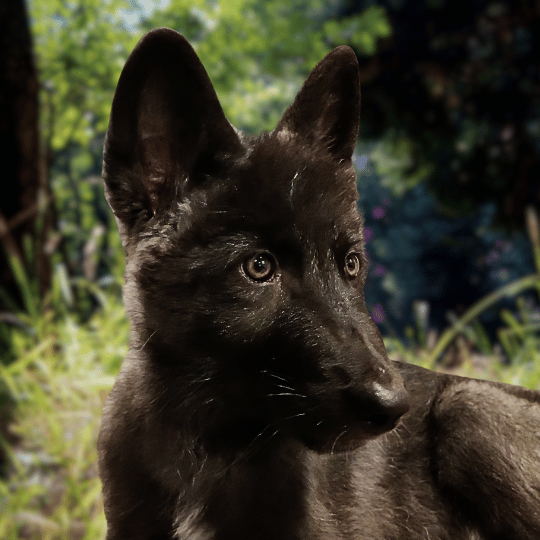
Young adults are the future of conservation, and Rising Voices is here to help them step into that role with confidence. We support high school students as they develop their voice around the issues they care about most, whether it’s species conservation, habitat restoration, or sustainable resource use. Through mentorship, interpretive training, and public speaking opportunities, Rising Voices helps young advocates build the skills, experience, and confidence to engage others and make a real impact.
What makes Rising Voices unique is its emphasis on interpretation as a tool for connection. Rather than focusing solely on science communication or advocacy, the program helps students explore how to make complex conservation issues relevant and relatable to diverse audiences. By the end of their cohort year, participants have not only developed and delivered public presentations, but have also gained valuable experience in listening, collaboration, and leadership skills they carry forward into future studies, careers, and communities.
We approach youth advocacy through support, skill-building, and real-world experience. We recognize that speaking up, especially about complex issues like conservation, can feel intimidating, uncertain, or even out of reach for many young people. That’s why Rising Voices creates a supportive space for students to explore their ideas, practice their voice, and grow their confidence over time. This program is built around three guiding pillars that shape everything we do. These concepts are the structure behind how we foster growth, inspire leadership, and help young people find and share their voice in a meaningful way.
Each student is paired with a mentor who offers guidance, encouragement, and a trusted space to grow, because learning is more powerful when it’s personal.
Through interpretive training, students learn how to communicate complex ideas in ways that connect with others, inspire curiosity, and invite action.
Students take what they’ve learned and put it into practice, presenting to real audiences through our Conservation Conversation initiative, gaining confidence through lived experience.
Our 2025 sessions are currently full, and we’re incredibly proud of the students who have stepped forward to be part of Rising Voices. Their passion, thoughtfulness, and willingness to speak up about the issues that matter most continue to shape this program in meaningful ways.
Every presentation, every conversation, and every moment of growth has reinforced why this work matters, and why youth voices are essential to the future of conservation.